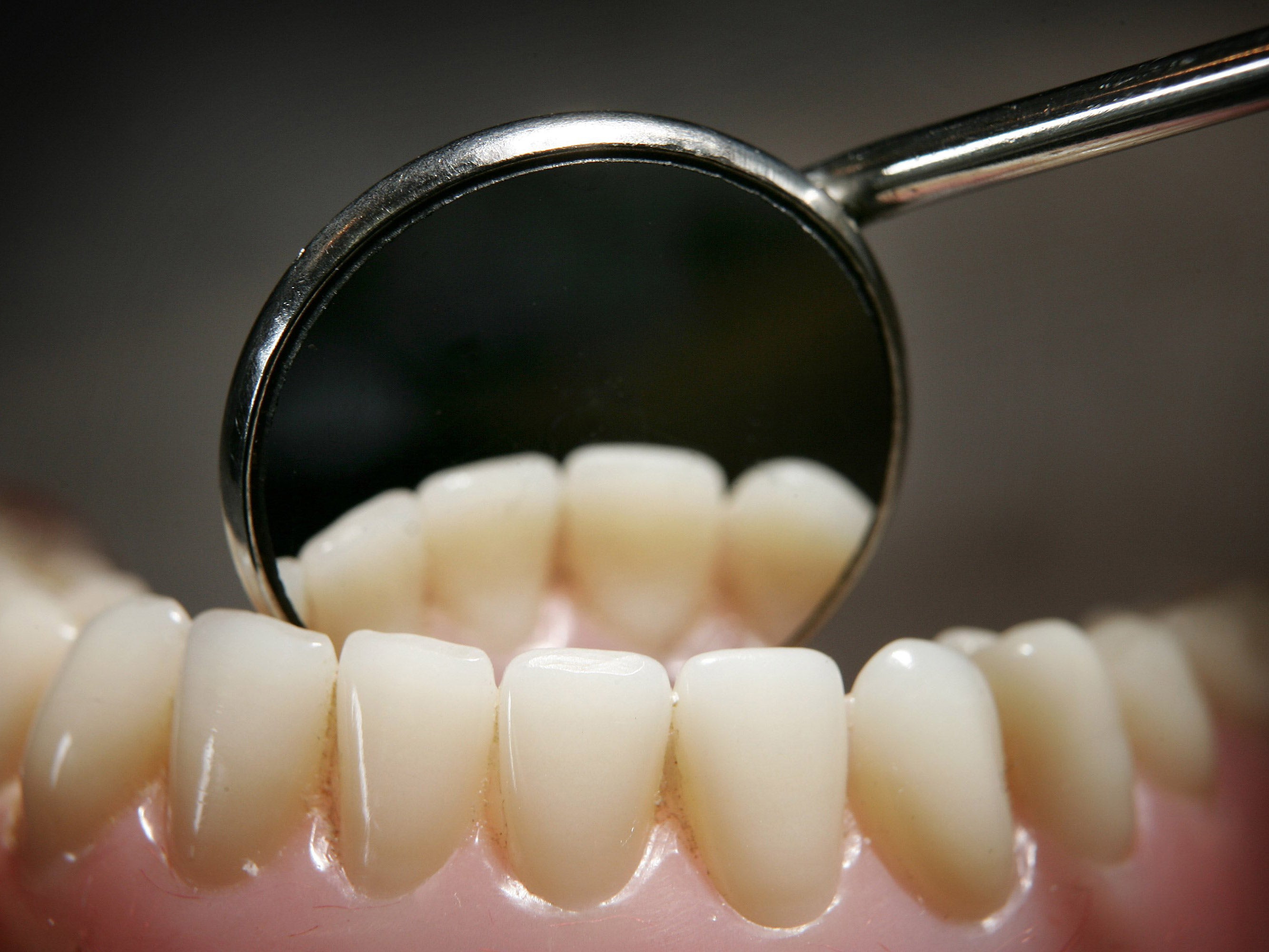Flossing teeth can do more harm than good if not performed correctly, expert claims
Less than a fifth of people floss regularly, Professor Robin Seymour claims

Your support helps us to tell the story
From reproductive rights to climate change to Big Tech, The Independent is on the ground when the story is developing. Whether it's investigating the financials of Elon Musk's pro-Trump PAC or producing our latest documentary, 'The A Word', which shines a light on the American women fighting for reproductive rights, we know how important it is to parse out the facts from the messaging.
At such a critical moment in US history, we need reporters on the ground. Your donation allows us to keep sending journalists to speak to both sides of the story.
The Independent is trusted by Americans across the entire political spectrum. And unlike many other quality news outlets, we choose not to lock Americans out of our reporting and analysis with paywalls. We believe quality journalism should be available to everyone, paid for by those who can afford it.
Your support makes all the difference.Flossing your teeth can do more harm than good if not performed correctly, a dental expert has claimed.
Using floss correctly can remove pieces of food and plaque from between teeth. If left to fester, debris between the teeth can build up and irritate gums, causing inflammation and eventually disease.
However, many people floss incorrectly, pushing plaque between the teeth down underneath their gums, according to Robin Seymour, Emeritus Professor of Dental Sciences at Newcastle University.
Another common error, Professor Seymour writes in the Daily Mail, is using a sawing action to drag the floss back and forth, which doesn't remove plaque and can traumatise the gums.
Furthermore, he says only 17 per cent of adults floss on a regular basis, which is three or four times a week.
Instead of flossing, he recommends people use an electric toothbrush, followed by an interspace or interdental brush and then an alcohol-free mouthwash.
He especially advises using a mouthwash which contains cetylpyridinium chloride, or CPC, and essential oils.
"Using a mouthwash is going to be as good as flossing," he writes in the Daily Mail, "and as most also contain fluoride there are additional benefits in terms of protecting teeth from decay.
"Another advantage of mouthwashes like Dentyl Active is that they stain the debris and plaque so when you spit the mouthwash out, you can clearly see what has been removed.
"This encourages better brushing by showing how much plaque was missed, while providing the reassurance that it has been removed."
Join our commenting forum
Join thought-provoking conversations, follow other Independent readers and see their replies
Comments